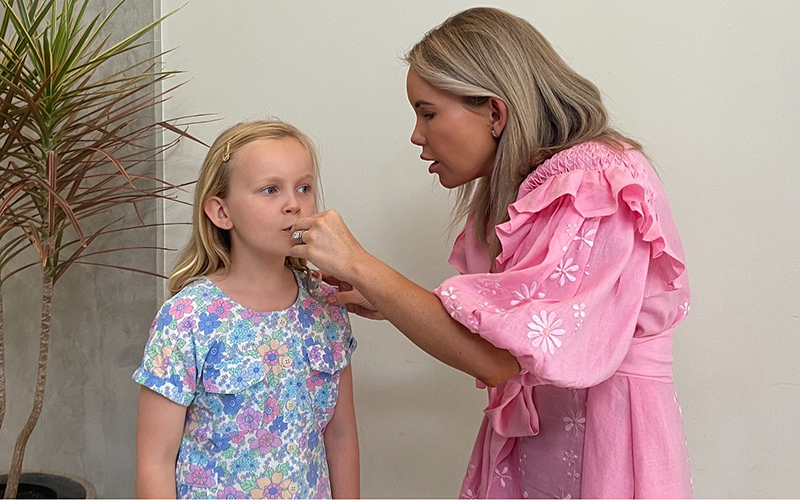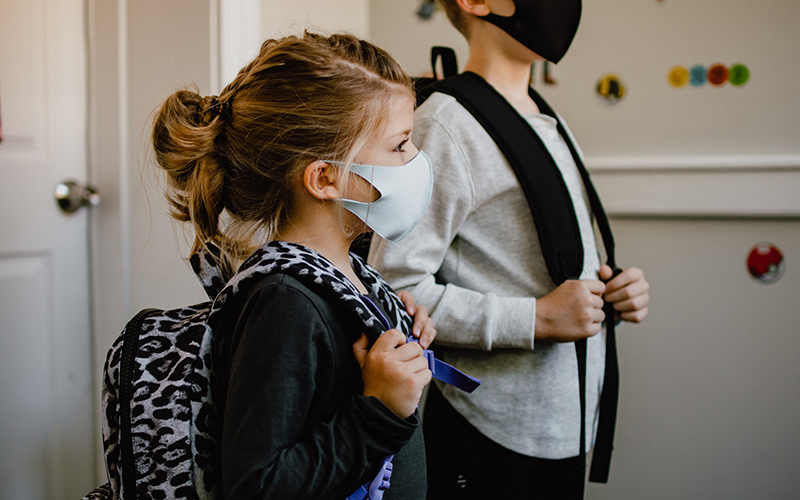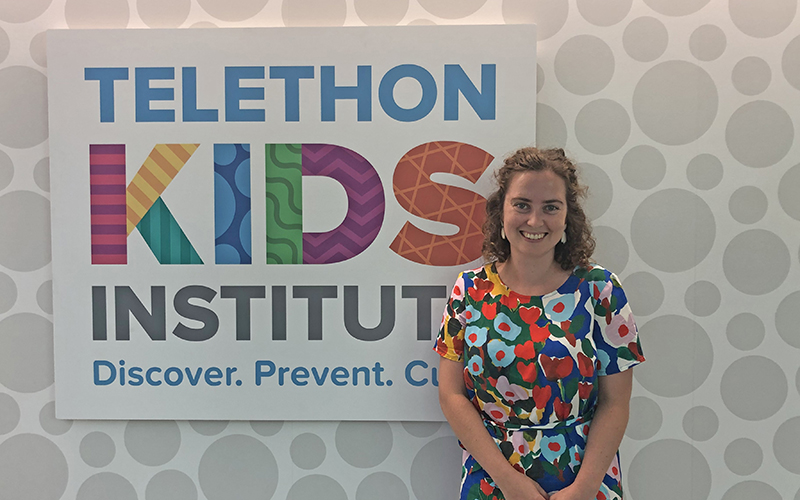Search

News & Events
Trial tests which COVID-19 booster combos ‘boost’ immunityMEDIA ENQUIRIES Discover. Prevent. Cure. Mailing list Media contacts About The Kids Be Inspired Please direct general enquiries to our reception on (

News & Events
Landmark research investigating benefits of COVID-19 vaccination for kids set to launch at The Kids Research Institute AustraliaA first-of-its-kind national study looking at the optimal COVID-19 vaccination strategies for children and adolescents is set to begin at Perth’s The Kids Research Institute Australia thanks to a $3.8 million funding injection from the Australian Government’s Medical Research Future Fund (MRFF).

News & Events
WA’s Omicron wave on a downward trajectory, despite new variantsSophisticated modelling produced is predicting a steady decline in COVID-19 cases in WA throughout August, but hospitalisation rates will remain relatively high.

News & Events
Perth COVID-19 infection study to doorknock in search of undetected cases during Omicron waveResearchers will be asking random households across metropolitan Perth to undertake COVID tests to reveal how much undetected infection is in the community.

News & Events
COVID-19 in WA: Why having our kids wear masks at school is the correct callWest Australian children as young as Year 3 are now turning up to school in masks, presenting a new challenge for kids, parents and schools.

News & Events
Return to school measures build confidenceWA parents and carers can have confidence in sending their children back to school on January 31 with the measures outlined in today’s Safe Return to School Plan.

News & Events
Time for WA’s ‘wait awhiles’ to get vaccinatedResearchers leading a study into COVID-19 vaccine hesitancy say a sub-group of people they’ve dubbed the ‘wait awhiles’

News & Events
Screen ORIGINS study finds mobile devices a lifeline for families during lockdownsA study of ORIGINS families has revealed a positive aspect to the COVID pandemic, with families found to benefit from the extra time together during lockdowns and mobile devices proving useful for helping them stay in touch with extended family and friends and for activities such as online classes.

News & Events
Clinical trial to examine whether “mixing” COVID-19 vaccine boosters is more effectiveTop infectious disease experts in Australia will lead a clinical trial to determine whether combining different Covid-19 vaccines in the nation’s booster immunisation will increase effectiveness.

News & Events
DETECT Schools Program UnderwayThe DETECT Schools program is underway, with swabs taken at 13 of the participating schools across Western Australia. No asymptomatic COVID-19 has been detected to date.
